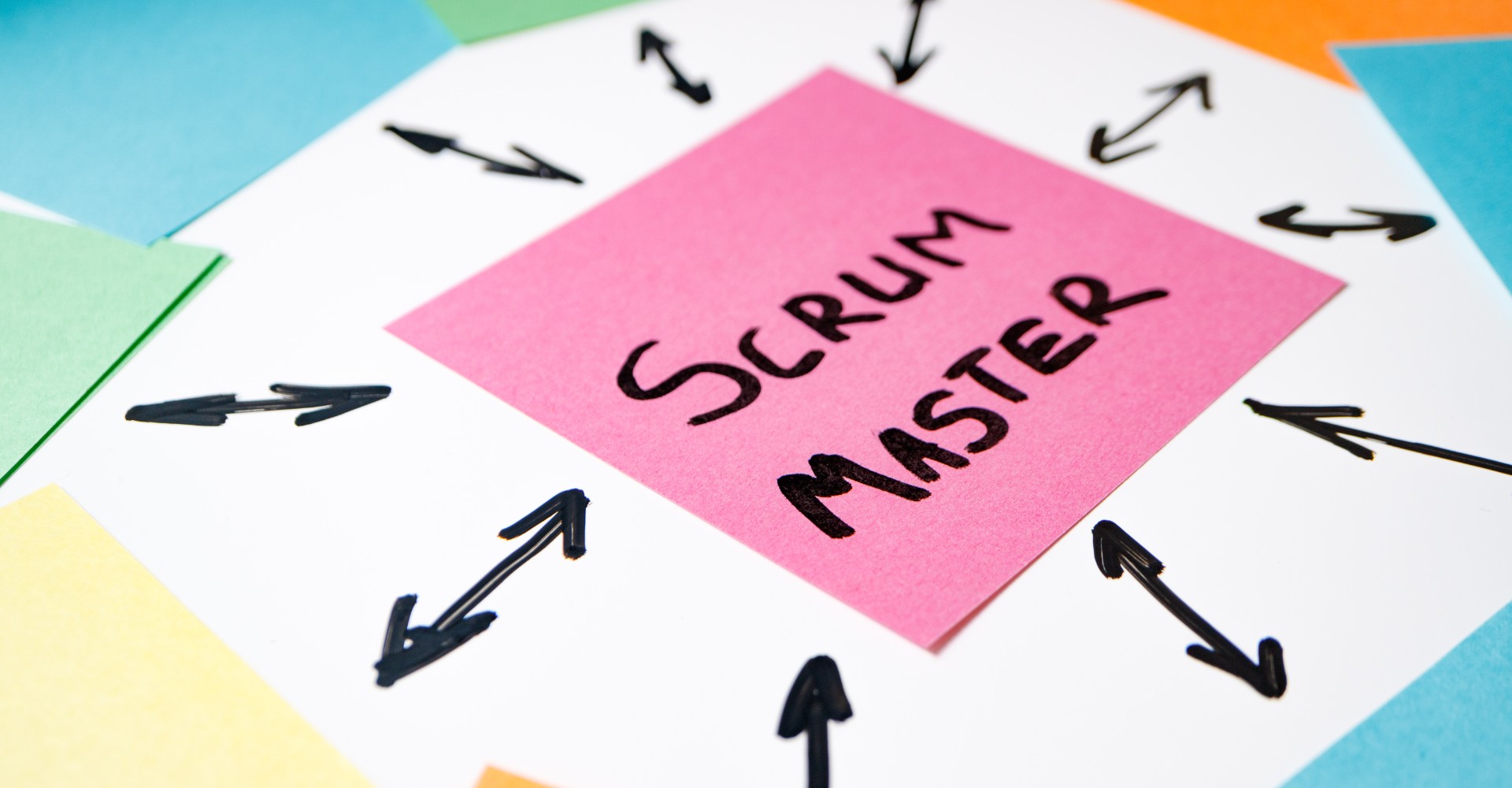
Over the past few years, the software development industry has seen a shift in its dynamics. More companies are now moving towards Agile methodologies to match client requirements. Quick releases and iterative fixes have become the new norm, and the Scrum framework is the flagship framework for this environment. Hence, Scrum Masters have become crucial instruments in this comparatively newer development framework. With that said, it is vital to understand how exactly their roles and responsibilities are defined.
7 Key Responsibilities of a Scrum Master
- Manage the product backlogs efficiently and ensure the use of the right techniques while formulating them. Product backlogs are vital for a Scrum framework to perform at its best. Without the right product backlogs, they can make or break the development process.
- Ensure that the entire team is well aware of each sprint’s scope and clearly understands the goals. This needs to be identified right at the start, otherwise teams risk raising stakeholder expectations.
- Help the Scrum Team create high-quality products with faster release times. The Agile methodology requires the team to be flexible and efficient in their development process, and Scrum Masters play an integral part in making sure this happens.
- Organize scrum events, sprint meetings, and daily stand-ups to achieve transparency and productivity.
- Mediate between Product Owners and the Scrum Team to ensure an efficient workflow.
- Inform and educate the employees and stakeholders of proper Scrum practices.
- Help in transitioning teams that were previously unfamiliar with the Scrum framework.
5 Key Roles Held by a Scrum Master
Scrum Team Manager
The Scrum Master must manage the entire Sprint Team and ensure that they follow the best practices throughout the development process. It involves providing a clear vision, keeping track of project progress, and deciding on issues before sprint meetings and daily stand-ups. The Scrum Master is also responsible for providing valuable feedback.
Related Content: What is Scrum Management in Software Development?
Development Mediator
Scrum Masters tend to work behind the scene. With that said, they do function as active mediators between the Product Owners and the Scrum Team. As a Scrum Master, it is their responsibility that all parties are on the same page. If this isn’t managed properly, it can lead to misunderstanding.
Servant Leader
A Scrum Master might be one level higher in the corporate hierarchy, but that does not allow them to ignore that they must also serve the people under them. As a Scrum Master, it becomes their duty to ensure that their team members feel valued regardless of their roles. For that reason, soft skills, like listening, humility, and empathy, are valuable in this line of work. By performing this dutifully, the team can guarantee a greater overall efficiency.
Coach
Scrum Masters are also coaches. They need to coach both sides, namely the Product Owners and the Scrum Team. The Scrum Master instills motivation and drives the team towards achieving success. Moreover, they also take responsibility for failures when necessary.
Problem Solver
The Scrum Master is also responsible for removing any impediments during the sprints. Bottlenecks hinder the progress and success of the project. This role allows them to identify any issues and come up with better solutions.
Related Content: Your Ultimate Guide to Implementing Agile Project Management with Scrum
Contact Us for a Free Consultation
Are you interested in learning more about Scrum and how it can help you with your project? Contact Bydrec today. We’re a nearshore software company that specializes in Agile methodology. Schedule a free consultation to learn more.


